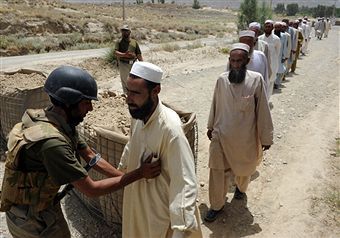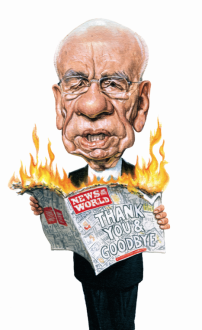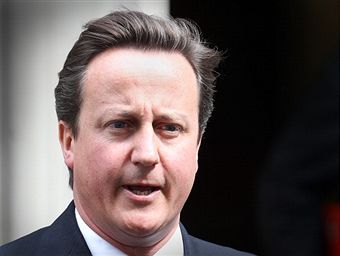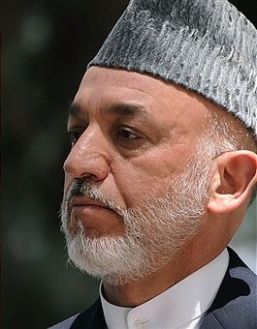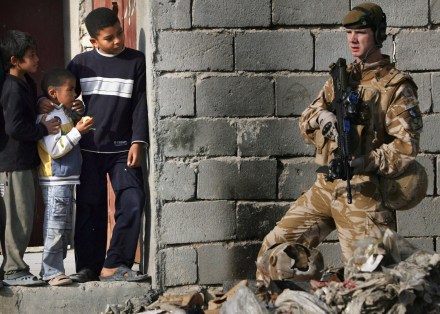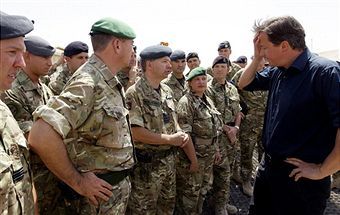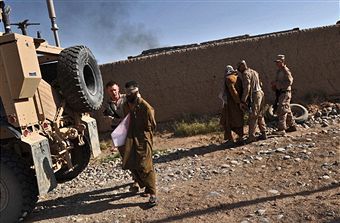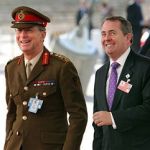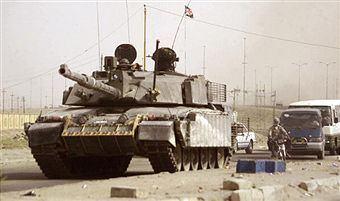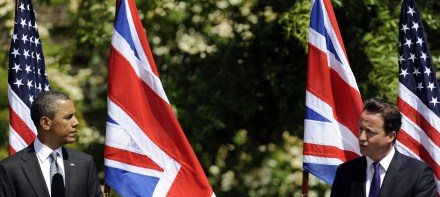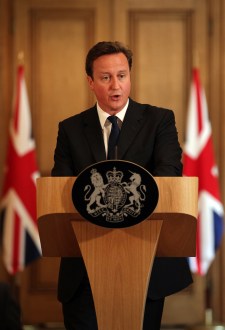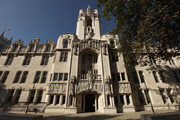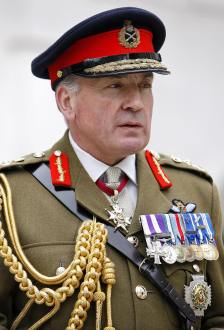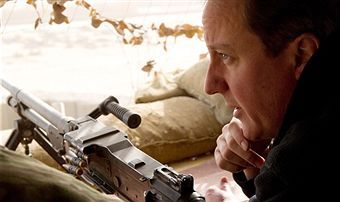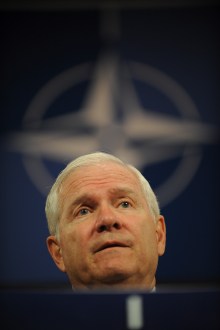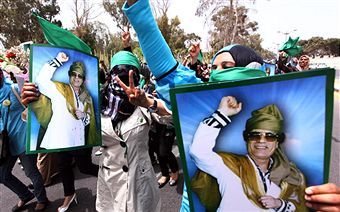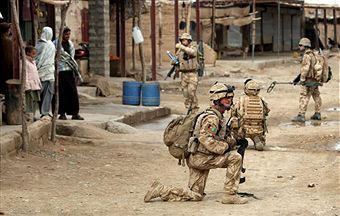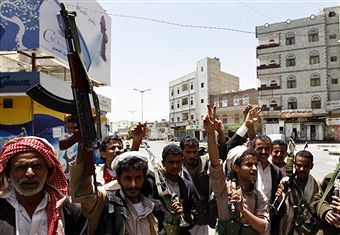Making the peace is a risky business
The UN has lifted sanctions on 14 Taliban leaders, the strongest indication yet that the international community is opening a negotiated settlement with elements of the Afghan insurgency. Indeed, Germany’s UN ambassador said the move “sends a strong signal: the Security Council and the international community support the efforts of the Afghan government to engage reconciled Taliban in a political dialogue in order to achieve peace and security in Afghanistan.” There are serious concerns about engaging with the insurgency, which, though amorphous, shares common ground in its unreconstructed religious extremism. Renowned war correspondent Dexter Filkins has written of the resilient Taliban’s mounting aggression. The instability that their action causes is
